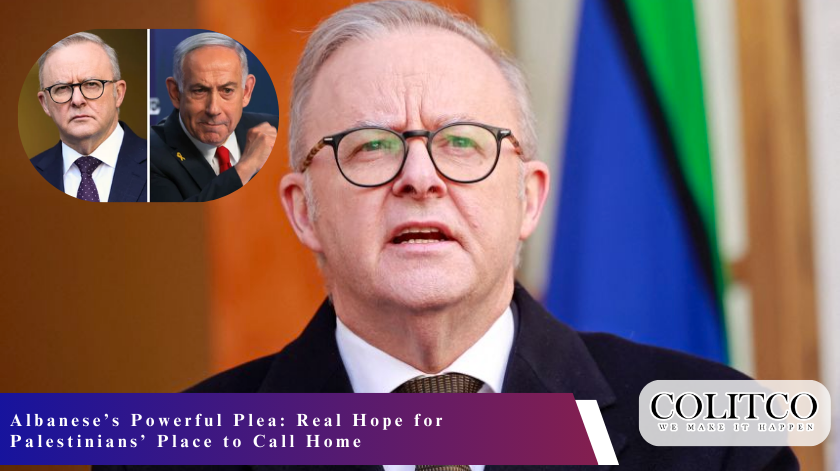australia-recognises-palestine-un-assembly-2025 Australia Joins Global Push for Palestinian Recognition at UN Assembly
Prime Minister Anthony Albanese called on leaders around the world to australia-recognises-palestine-un-assembly-2025 back the recognition of Palestine, saying it would give “real hope for a place they can call home.” His speech at a United Nations session has been described as one of the most powerful by an Australian leader on the Middle East conflict.
Australia has formally recognized the State of Palestine, joining Canada and the United Kingdom. The action has been welcomed and criticized domestically and internationally, reflecting the deep fault lines that have defined the conflict for decades.
Australia’s Policy Shift
In his address to the UN, Albanese said that recognition was not a gesture. It has certain expectations, like Palestinian Authority having to ensure Israel’s right to exist, hold democratic elections, and deny Hamas any role in any government in the future.
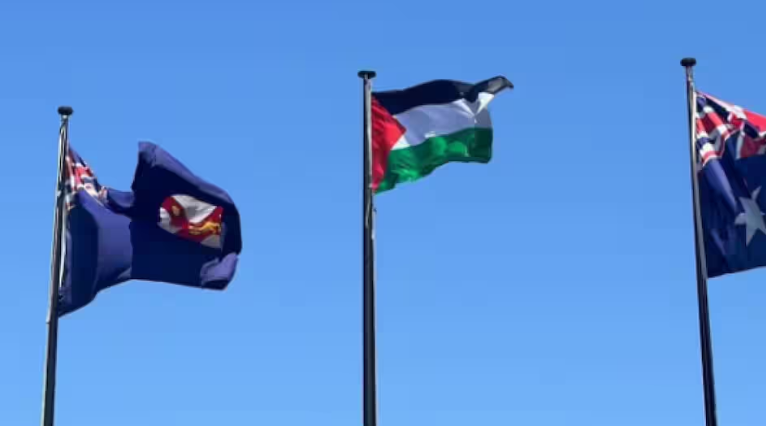
Australia joins growing nations recognising Palestine
“This recognition has obligations,” Albanese said. “A Palestinian homeland needs to be built on peace, democracy, and security.”
The step is a significant departure from Australian foreign policy. Canberra avoided such an open move for years and instead made it publicly known that it favored peace talks. Australia has now followed an ever-growing list of countries moving towards explicit recognition.
Crisis in Gaza
The Prime Minister laid the blame on the Gaza situation, where fighting and blockades have pushed families to the edge of survival. Food shortages, burned-out hospitals, and mounting civilian casualties are threatened by aid agencies.
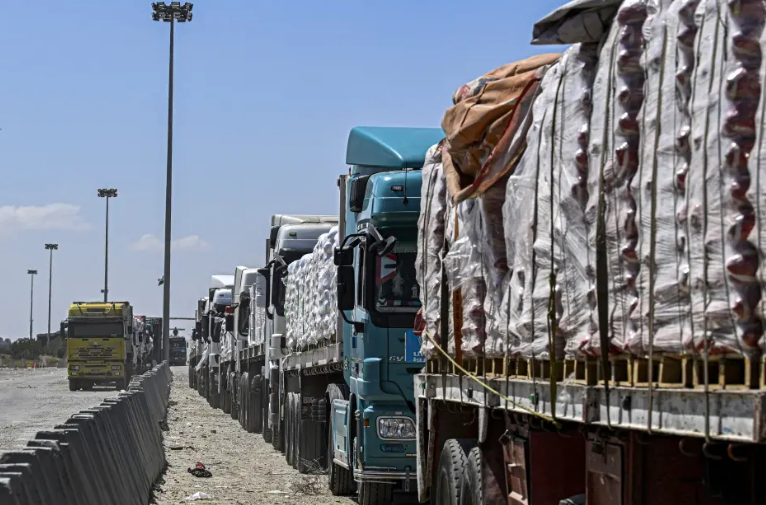
Aid agencies warn of worsening humanitarian crisis in Gaza
Albanese referred to the conditions as a “humanitarian disaster” and urged Israel to take responsibility for the suffering. He also said construction of settlements in the West Bank was making the two-state solution more and more unobtainable.
“Every new settlement makes peace harder,” he said. “To put an end to the cycle of violence, each side must take a step back.”
Growing International Pressure
Australia decided as other countries, including France, Portugal, and Malta, signaled support for the recognition of Palestine. Spain’s Foreign Minister dismissed the declaration by Israeli Prime Minister Benjamin Netanyahu that there would never be a Palestinian state, stating it would go ahead regardless.
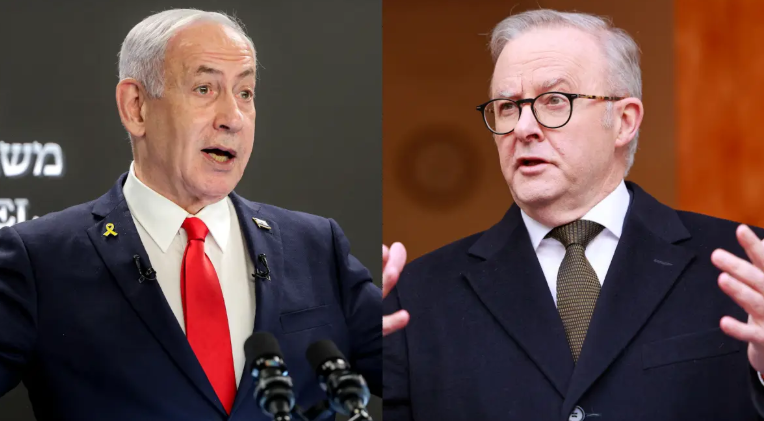
Israel rejects recognition as Albanese calls for peace
This wave of acceptance has ushered in fresh momentum in the world. The backers hope it will pressure both sides to return to the peace talks, while critics fear it will further open up divisions.
Political Reactions Back Home
The move has caused controversy back home in Australia. Human rights organizations and community leaders welcomed the gesture, describing the recognition as an important gesture of solidarity with Palestinians.
But Opposition Leader Sussan Ley criticized the move. It is too soon when Hamas is still taking hostages and issuing threats, she said. “You can’t construct a two-state solution on terror,” she added.
Australia’s Jewish community is split too. There are some who view recognition as a positive step towards peace, while others believe that it undermines Israel’s security.
Reactions from Israel and the United States
Israel acted quickly to reject the declaration. Prime Minister Netanyahu called it “detached from reality” and said it would only further incite extremists. He reiterated his decades-long position that there would be no Palestinian state allowed west of the Jordan River.
The United States also weighed in with its concerns, saying Palestinian recognition must come through direct talks with Israel. Analysts have warned that the action could put pressure on Australia’s close relationship with Washington.
Recognition with Conditions
Albanese made it clear that recognition of Palestine by Australia is not unconditional. He explained that Hamas would need to put down arms and depart from politics, and the Palestinian Authority must show that it is capable of living in an open way and holding free elections.
“This is not a blank cheque,” Albanese said. “Recognition has to be accompanied by responsibility. Palestinians deserve strong institutions and Israel deserves security.”
He also likened the plight of Palestinians to the Jewish people’s own long history of searching for a safe homeland. “Just as Israel was established to ensure safety and belonging, Palestinians are entitled to the same dignity and hope.”
A New Role for Australia
For many years, Australia has taken a cautious stance on the question of Israel–Palestine. By formally recognising Palestine, the Albanese Government is being more assertive, although it does so at the risk of strain with allies.
Foreign policy commentators assert the move would boost Australia’s standing in Asian, African, and Latin American nations, where pro-Palestinian views have been prevalent for decades. It demonstrates Canberra willing to act unilaterally on foreign policy matters.
Also Read: Did the Long-Awaited Albanese-Trump Meeting Finally Happen? The Answer May Surprise You
Conclusion
Anthony Albanese’s speech at the UN was political statement as well as call to conscience. In becoming one of the first nations to accept Palestine, Australia has been among a growing international movement to relaunch efforts towards peace.
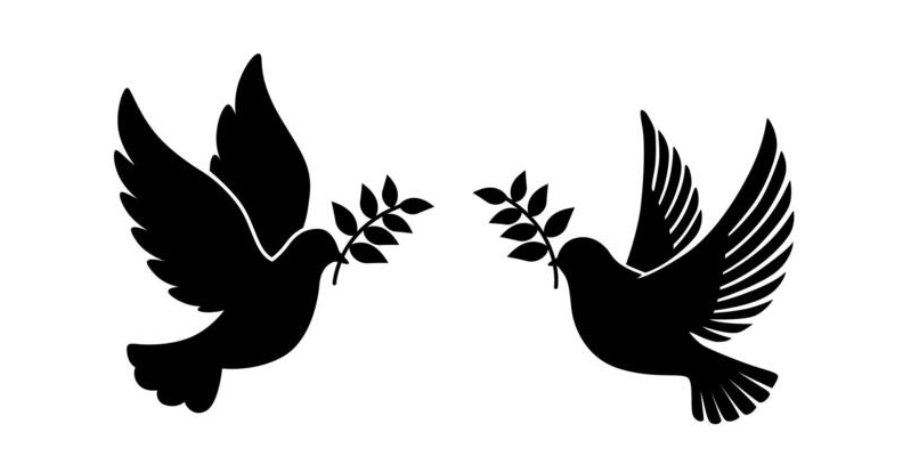
Global recognition aims to revive hopes for peace
Whether this option leads to progress is uncertain. Much will depend on whether the Palestinian Authority reformulates, whether Hamas withdraws, and whether Israel would soften up and sit down to negotiate.
Meanwhile, the Prime Minister’s words are most significant as an appeal to sympathy and an incentive for action: that Palestinians, like the rest of us, should have somewhere safe to call their own.
FAQs
1: Why did Australia recognise Palestine in 2025?
Prime Minister Anthony Albanese said recognition provides Palestinians with hope for a homeland, while also setting conditions for peace and democracy.
2: What conditions did Australia set for recognising Palestine?
Conditions include recognition of Israel’s right to exist, democratic elections, and exclusion of Hamas from government.
3: How has the international community reacted?
Many countries, including Canada, the UK, and France, welcomed the move, but Israel and the US strongly opposed it.
4: What does this mean for Australia’s foreign policy?
The recognition marks a major shift, boosting ties with pro-Palestinian nations but potentially straining relations with Israel and the US.
5: How have Australians responded?
Reactions are mixed—human rights groups welcomed the decision, while critics argue it undermines Israel’s security.

